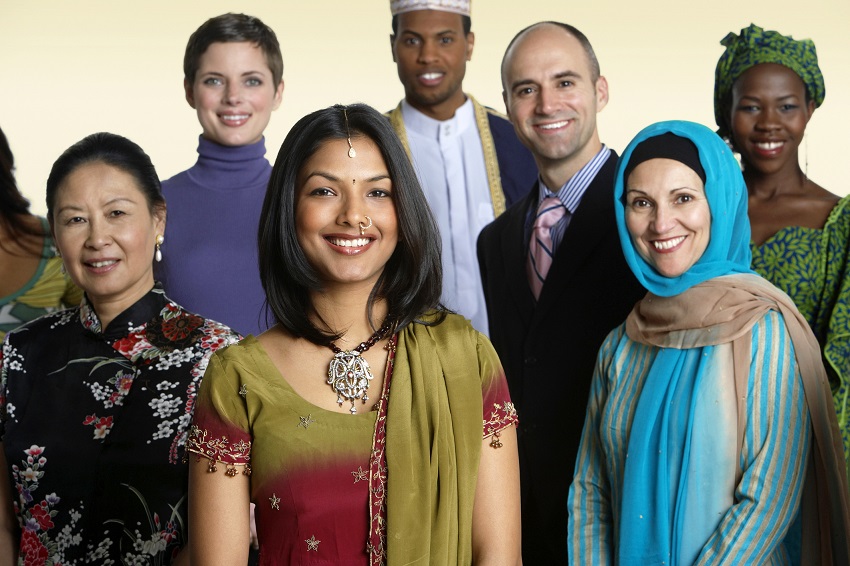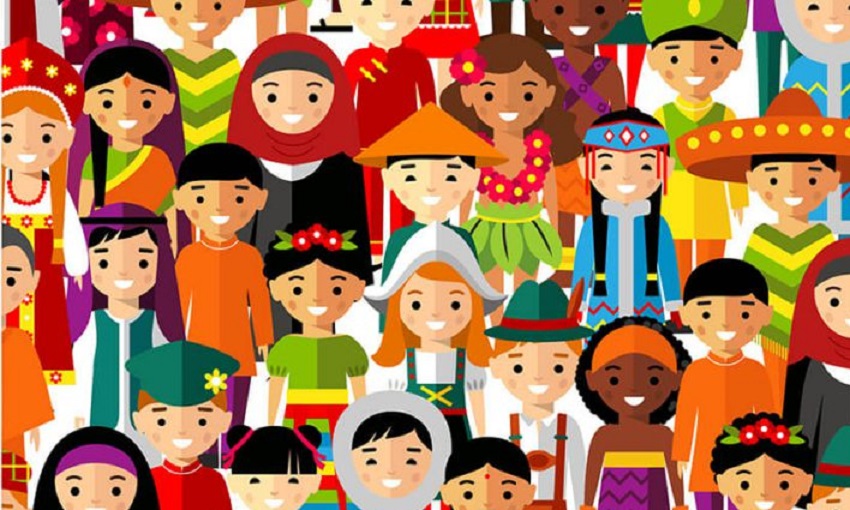
04 Jul What is the Importance of Society and Culture?
Imagine a world without society and culture. It would be a colorless and lifeless existence, devoid of meaning and purpose. Society and culture play a vital role in shaping our lives, beliefs, values, and behaviors. They provide us with a sense of identity, belonging, and shared experiences. In this article, we will explore the importance of society and culture, delving into their profound impact on individuals and communities. This content is provided by https://tapasociety.org/
Society: The Foundation of Human Interaction
Building Social Connections
Human beings are social creatures. Society provides us with a platform to interact, communicate, and form connections with others. It enables us to share ideas, emotions, and experiences, fostering a sense of community and support. Discover the importance of society.
Collective Knowledge and Progress
Society acts as a vessel for accumulating and preserving knowledge across generations. Through education, research, and innovation, societies advance collectively. By building upon the accomplishments of the past, society propels us toward progress, enabling us to solve problems, create technology, and improve our quality of life.
Social Norms and Values
Society establishes norms and values that guide our behavior and shape our moral compass. These norms help maintain order, harmony, and social cohesion. They govern our interactions, expectations, and responsibilities within the community.
Culture: The Tapestry of Human Expression
Cultural Identity and Heritage
Culture defines who we are as individuals and communities. It encompasses our shared traditions, customs, language, arts, and beliefs. Our cultural identity provides a sense of belonging and shapes our worldview, influencing how we perceive and interpret the world around us.
Preserving History and Heritage
Culture preserves our history and heritage, allowing us to learn from the past and honor our roots. It encapsulates the stories, art, architecture, and artifacts that reflect our collective memory. By understanding our cultural heritage, we gain insights into our ancestors’ struggles, triumphs, and contributions.
Cultural Diversity and Tolerance
Culture celebrates the richness and diversity of human experiences. It exposes us to different perspectives, traditions, and ways of life. Embracing cultural diversity fosters tolerance, empathy, and respect for others. It broadens our horizons, expands our knowledge, and nurtures a global mindset.
The Interplay between Society and Culture
Cultural Influence on Society
Culture and society are intertwined, influencing and shaping each other. Our societal structures, norms, and institutions are deeply rooted in cultural values and practices. Cultural expressions such as literature, art, music, and fashion often mirror the social changes and aspirations of a given time.
Social Impact on Culture
Society, in turn, has the power to shape and transform culture. Social movements, technological advancements, and political ideologies influence cultural norms, beliefs, and artistic expressions. Society acts as a catalyst for cultural evolution, enabling new ideas and perspectives to emerge.
In conclusion, society and culture are essential pillars of human existence. Society provides us with social connections, collective knowledge, and a framework for behavior. Culture, on the other hand, encompasses our identity, heritage, and diversity. Together, they give meaning and purpose to our lives, shaping our individual and collective experiences. By valuing and understanding the importance of society and culture, we can foster a more inclusive, harmonious, and vibrant world.
FAQs
Q1: How does society influence our behavior?
Society influences our behavior through social norms, expectations, and peer pressure. We tend to conform to societal standards to gain acceptance and avoid social rejection.
Q2: What role does culture play in economic development?
Culture plays a crucial role in economic development by influencing entrepreneurship, innovation, and consumer behavior. Cultural industries, such as art, music, and tourism, can also contribute significantly to a country’s economy.
Q3: Can culture change over time?
Yes, culture is not static but rather evolves and adapts to changing circumstances. Social, technological, and economic changes often lead to cultural transformations.
Q4: How does cultural diversity benefit society?
Cultural diversity benefits society by fostering creativity, promoting understanding, and encouraging tolerance. It enriches communities by offering different perspectives, knowledge, and skills.
Q5: How can we promote cultural appreciation and understanding?
We can promote cultural appreciation and understanding by actively engaging with diverse cultures, learning about their traditions, and embracing inclusivity. Education, cultural exchange programs, and intercultural dialogue also play a vital role in fostering understanding and empathy among individuals and communities.

Sorry, the comment form is closed at this time.